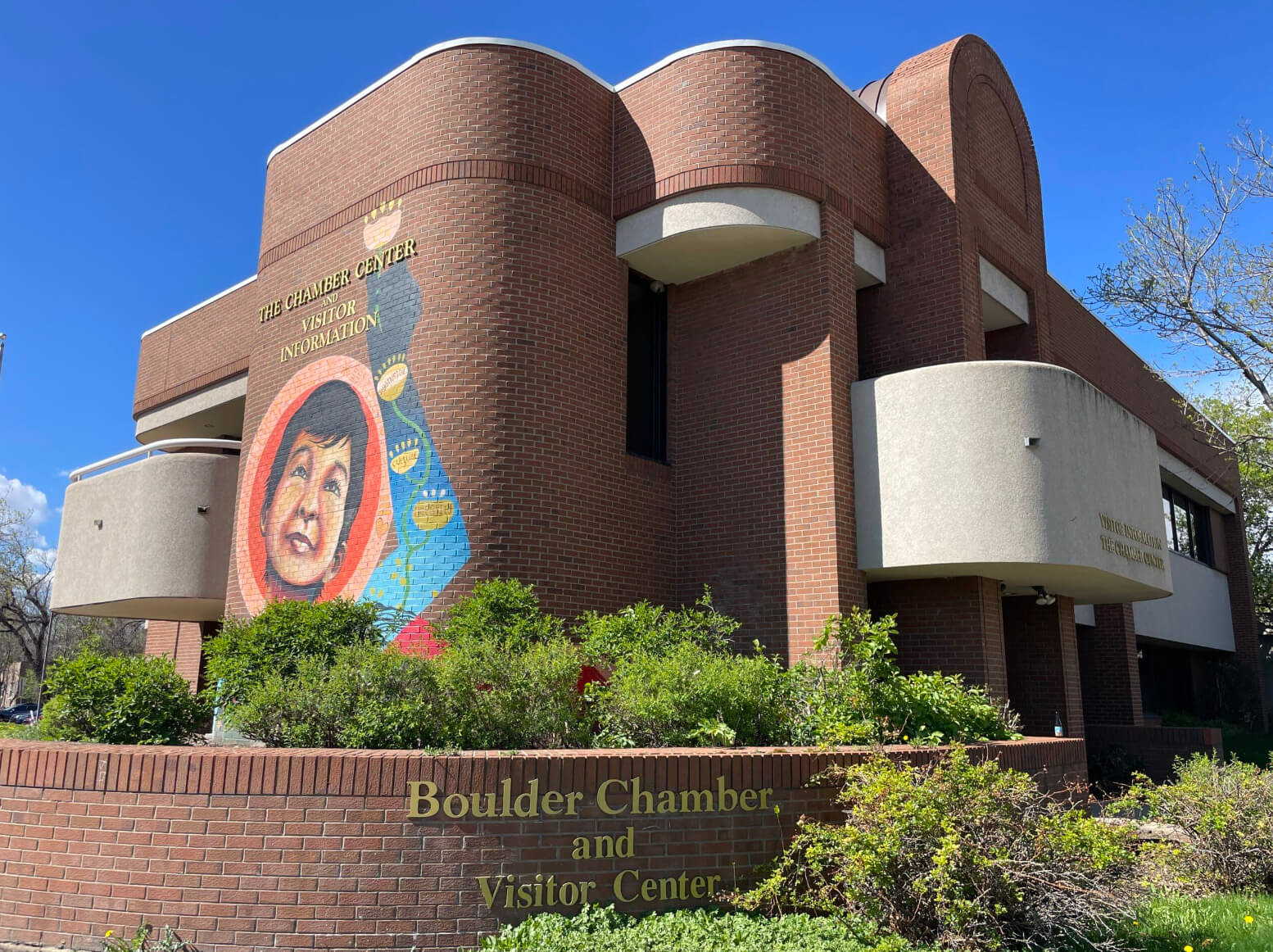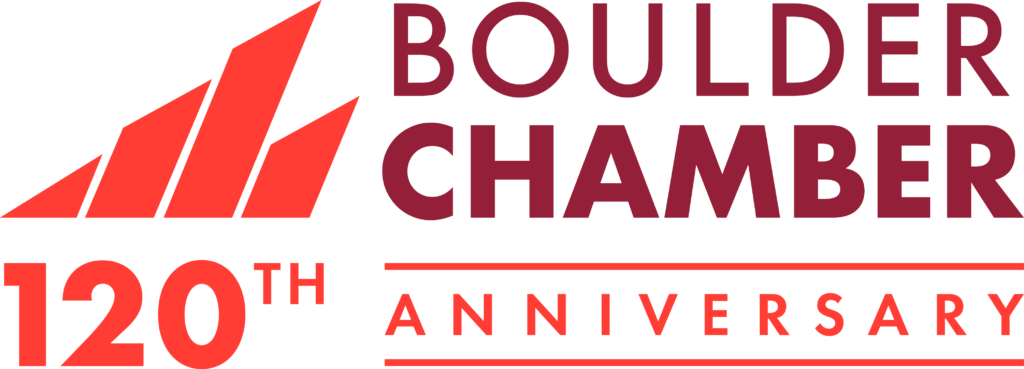Tayer: When You Really Care, Do No Harm

August 28, 2024
Originally published by BizWest on August 28, 2024.
“First, do no harm” is typically referenced as a sacred oath of the medical profession. The concept is generally meant to imply that doctors should avoid harming patients in their administration of curative treatments. Boulder City Council should apply the same principle in their consideration of a proposed minimum wage increase.
The Boulder Chamber is opposed to any increase in the minimum wage beyond the current state mandated rate. We come by this position honestly, having stood alone as the only chamber organization across Colorado that supported the successful 2016 ballot initiative to raise the statewide minimum wage. We did then, as we do today, heed U.S. Treasury Secretary Janet Yellen’s compelling clarion call: “Rising income inequality is probably the single most important economic issue facing the country.”
Yet conditions for our local businesses and nonprofit organizations are very different these days. They face rising costs due to inflation, property tax increases and additional workforce expenses. Further, this is an unusual period in Boulder’s economic trajectory. The advent of remote work conditions as standard practice is a lasting legacy of the COVID pandemic and has led to unprecedentedly high office vacancies and vastly reduced employee foot traffic for our restaurants, retail shops and other service businesses. Many businesses are struggling.
Into the mix of this difficult economic climate comes the proposal for Boulder to raise the local minimum wage, the outgrowth of state legislation that authorizes local governments to consider mandating higher minimum wage rates than the current state floor. Notably, and regrettably, the enabling state statute comes with a high degree of restraint on flexibility to address the peculiarities of different industry sectors and workforce characteristics, such as tipped restaurant personnel and staff that demand higher-level supervision. The only possible exemption from a local government mandated increase in the minimum wage is for unemancipated minors.
Unsurprisingly, Boulder city staff’s economic impacts analysis tells us that a rising minimum wage will increase the income of workers at that wage scale and lift wages (through the “ladder effect”) for other workers at the lower end of the wage spectrum. At the same time, the report finds that certain businesses will respond by cutting staff or reducing their hours. And an uncertain number of businesses and nonprofits will simply have to close up shop or relocate elsewhere, along with their valuable services. Remember, many businesses are struggling.
The ripple effect will reverberate across Boulder’s economic landscape that’s already experiencing a decline in sales tax revenue relative to inflation. Further, unlike the scenario of a statewide minimum wage hike, or even a coordinated larger regional action, the City of Boulder would be “going it alone” in its minimum wage hike. Our local businesses will suffer a competitive disadvantage and Boulder likely will see a rise in sales tax leakage due to additional commercial competition from surrounding communities that aren’t considering a minimum wage increase.
We ignore the cries of concern from local businesses at our collective peril.
I note that some on City Council have asked — given the significant negative consequences of a minimum wage increase for our businesses and nonprofit groups — how to limit that impact. Of course, a much lower ramp-up in the minimum wage level than the limit of 15% and adopting the exemption for unemancipated minors would soften the blow. Further, any off-setting cuts in business and non-profit expenses that the City of Boulder controls are desirable. That includes the cost of permitting and licensing fees, as well as exploring a property tax rebate that flows directly to impacted nonprofits and businesses.
And City Council might consider withholding passage of a minimum wage increase until there is broader parallel regional or statewide action and when general economic conditions improve. In the meantime, there are other — more direct — means of supporting the needs of our lowest paid workers that will have less negative business and economic consequences, such as measures that reduce their healthcare and housing expenses. We’re also interested in learning the results of alternative universal basic income initiatives that Boulder and other communities are piloting.
It all creates a difficult policy decision for those who care about our financially challenged community members, but who also must consider our collective interest in business success and a thriving local economic ecosystem. In the spirit of the “do no harm” principle, the Boulder Chamber takes a holistic view: We support measures that will lift those at the bottom end of the pay scale out of poverty. However, the solution cannot dismiss the plight of businesses and nonprofits that will suffer, the jobs that will be cut, the further damage to our tax base and the loss of valuable services.
Out of concern for this widespread harm, the Boulder Chamber asks City Council to refrain from raising the local minimum wage.
